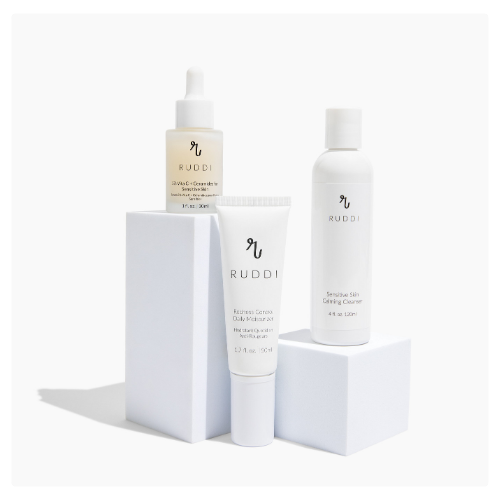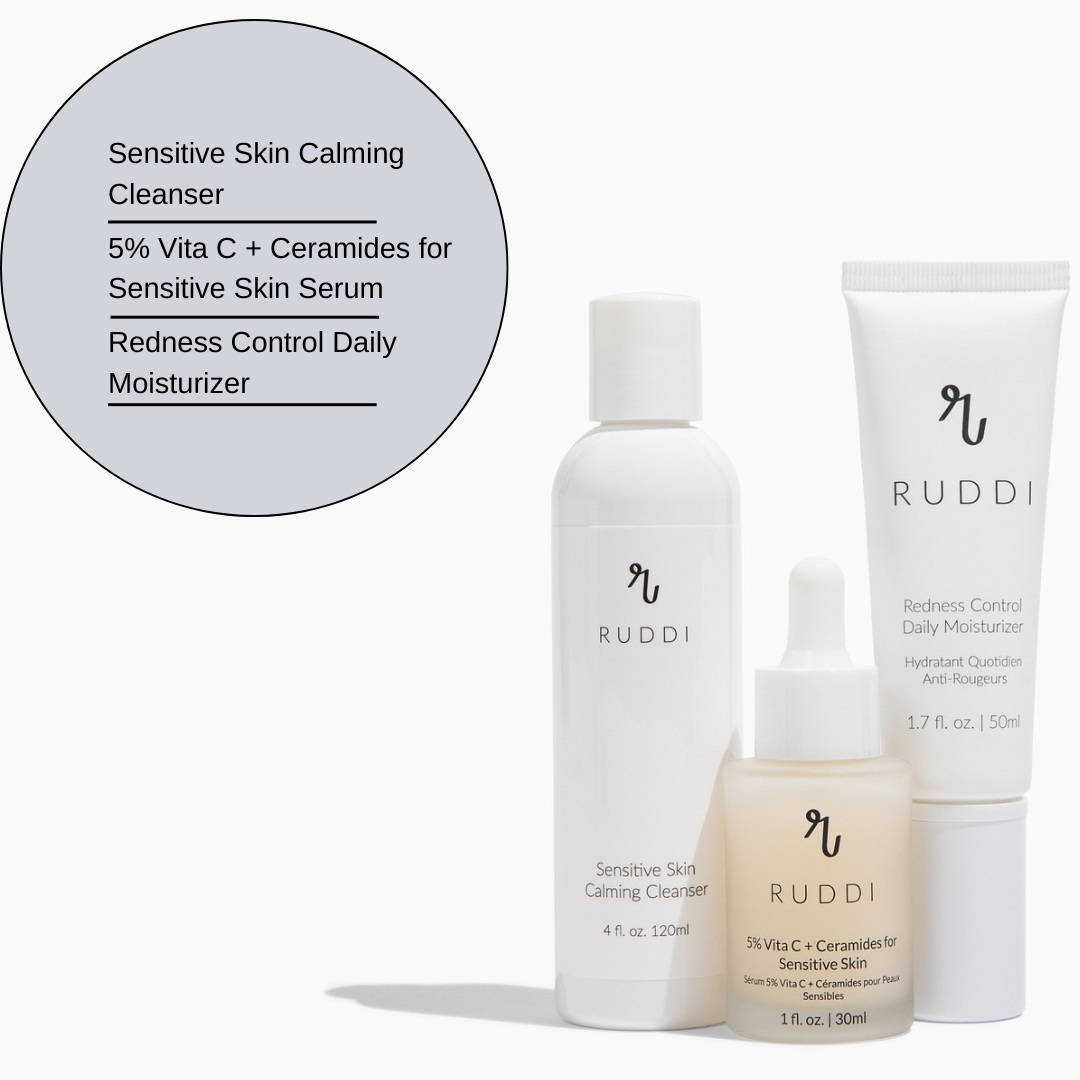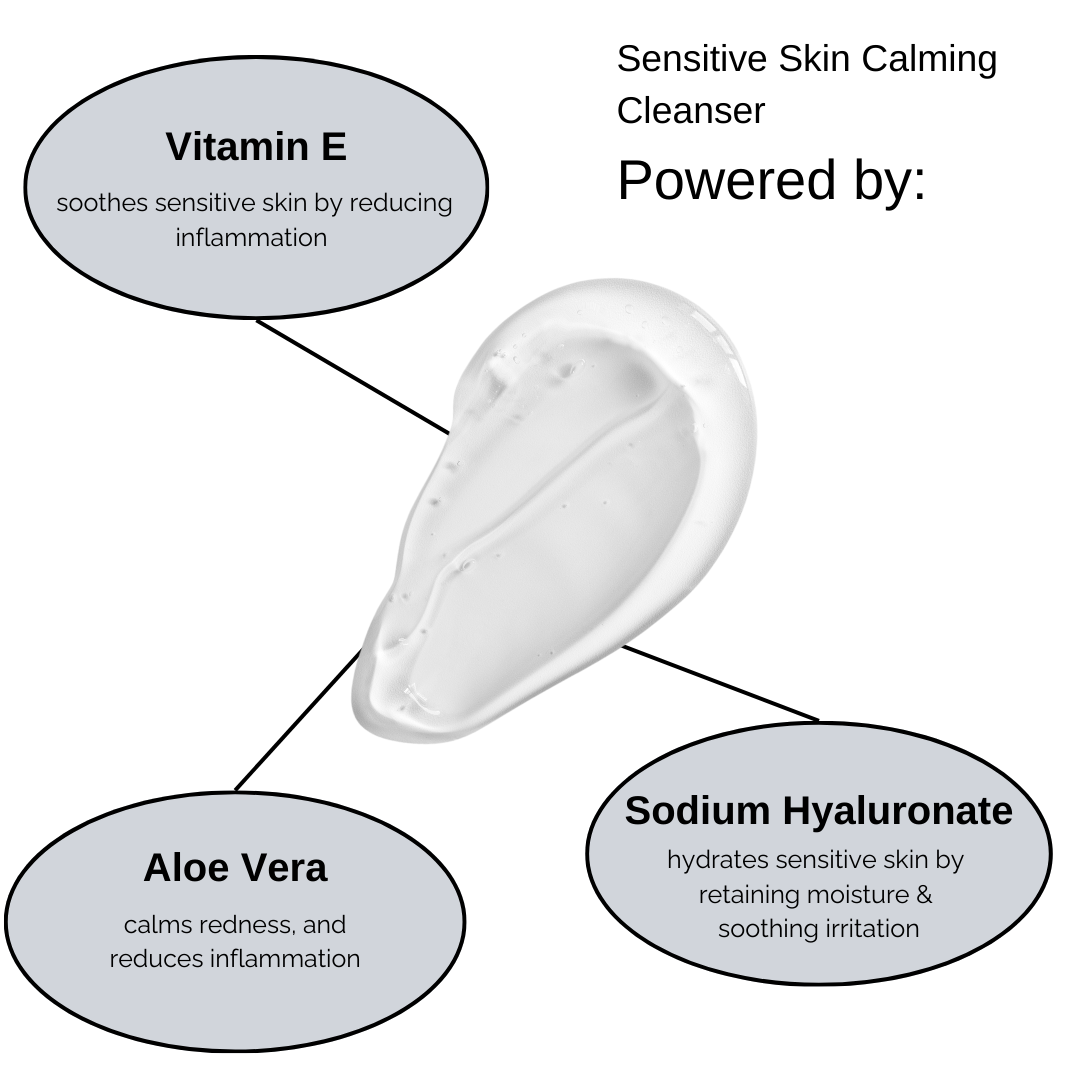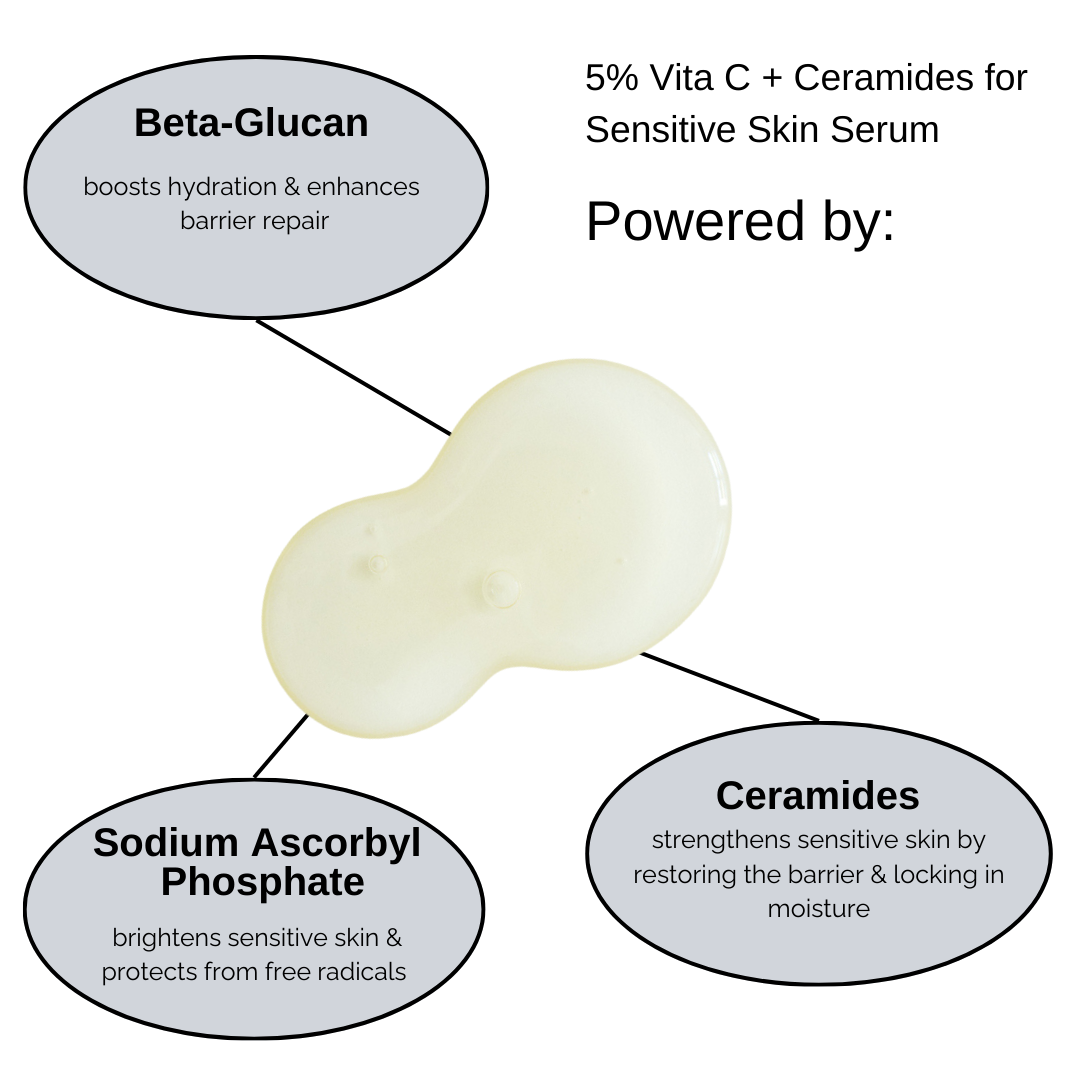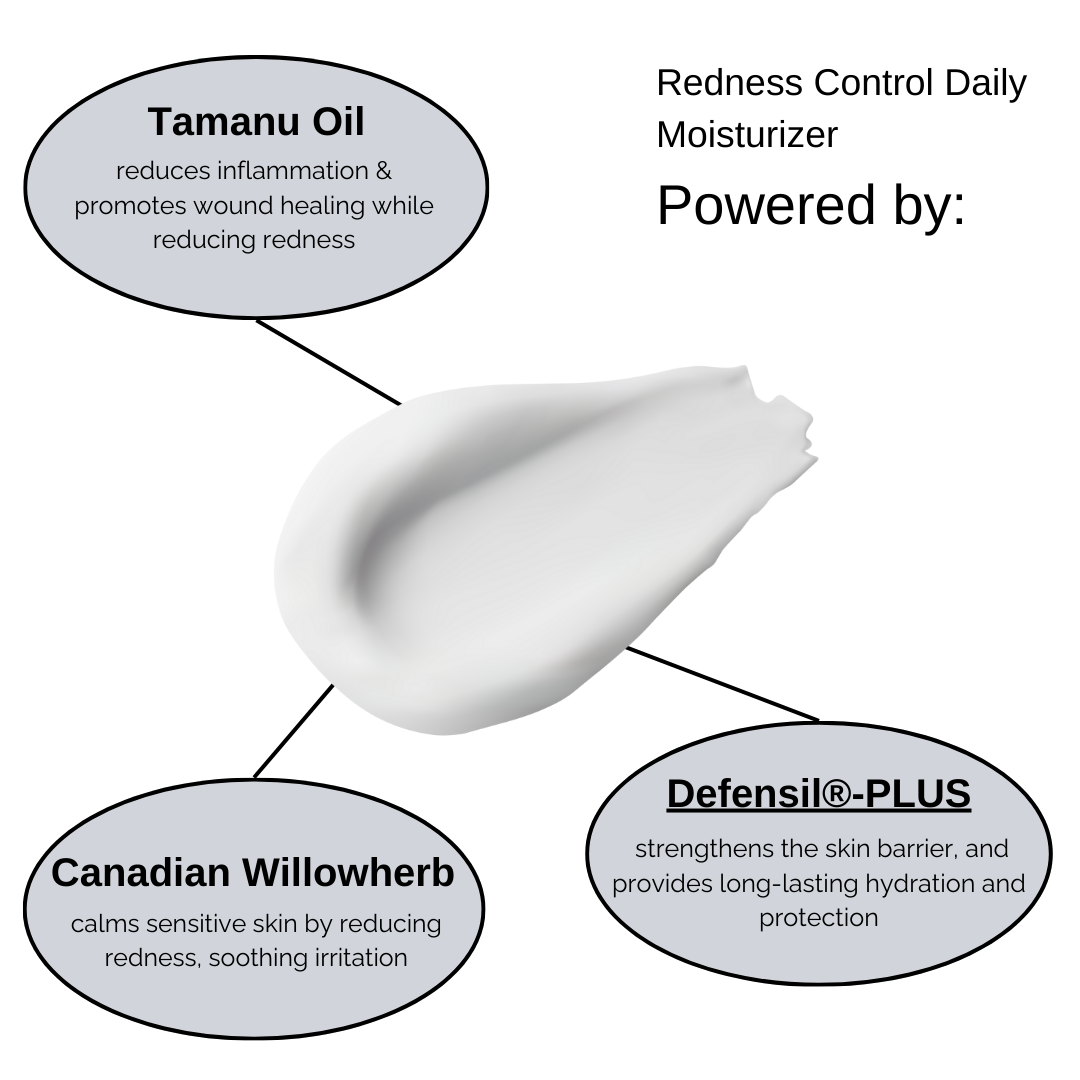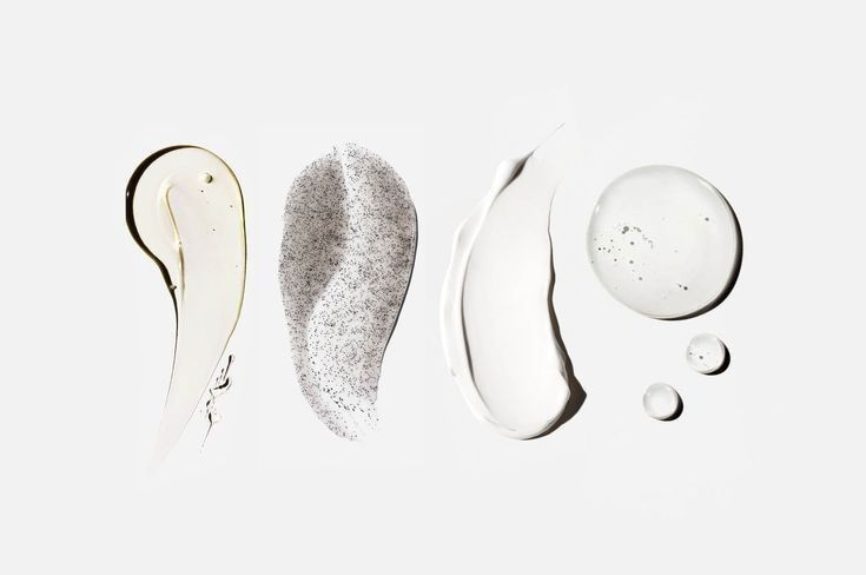
Rosacea and Stress: The Mind-Skin Connection and How to Manage It
If you’ve ever noticed your rosacea flaring up after a tough day, a stressful week, or even a restless night—you’re not imagining it. Stress is a major trigger for rosacea, and it goes far beyond surface-level tension. There’s a deep, biological relationship between your nervous system, hormones, and skin.
Let’s break down the mind-skin connection, the role of cortisol, and how you can manage both stress and rosacea more effectively.
🧠 The Mind-Skin Connection: What’s Really Happening?
Your skin and nervous system are intimately connected. In fact, they originate from the same layer of embryonic tissue (ectoderm), which is why the skin is so responsive to emotional and psychological stress.
When you're under stress, your body releases a cascade of stress hormones—most notably cortisol—along with other chemical messengers like adrenaline, substance P, and pro-inflammatory cytokines. These have direct effects on your skin:
-
Increased blood flow and vasodilation (aka redness and flushing)
-
Disrupted skin barrier function
-
Heightened inflammation
-
Impaired wound healing and immune response
In short: Stress sends your skin into overdrive, making it more reactive and less able to protect and repair itself—perfect conditions for a rosacea flare-up.
🔥 Cortisol and Rosacea: The Inflammation Link
Cortisol is your body’s primary stress hormone. It’s helpful in short bursts, but chronic stress keeps cortisol levels elevated, which leads to:
-
Increased production of inflammatory cytokines like IL-6 and TNF-alpha
-
Disruption of the skin's microbiome and lipid barrier
-
Delayed skin repair, making rosacea flare-ups last longer
-
Aggravation of vascular reactivity, which causes more redness and flushing
In rosacea-prone individuals, this creates a feedback loop: stress raises inflammation, which worsens symptoms, which leads to more stress.
😣 The Emotional Impact of Rosacea
The relationship goes both ways—rosacea doesn’t just react to stress, it can also cause it. Flare-ups may lead to:
-
Social anxiety and self-consciousness
-
Avoidance of events or photos
-
Feelings of frustration, embarrassment, or low mood
It’s important to recognize that this is not just about vanity. The emotional and psychological burden of rosacea is real—and valid.
🧘♀️ How to Break the Cycle: Practical Stress & Skin Management
🧴 1. Create a Calming Skincare Routine
-
Use gentle, non-irritating products that support the barrier (ceramides, niacinamide, azelaic acid).
-
Keep your routine simple and consistent—overloading your skin can mimic stress.
-
Treat skincare as a ritual, not a chore—taking time to care for your skin can lower cortisol levels.
🌿 2. Integrate Daily Stress-Relief Habits
-
Mindfulness & Breathwork: 10 minutes of deep breathing or guided meditation can reduce cortisol and blood pressure.
-
Exercise: Light to moderate movement (walking, yoga, pilates) helps lower stress without overheating the skin.
-
Nature Time: Even a few minutes outside in fresh air can calm the nervous system and improve resilience.
💤 3. Prioritize Sleep
-
Poor sleep increases cortisol and weakens your skin’s ability to repair overnight.
-
Aim for 7–9 hours and build a nighttime wind-down routine.
-
Use blue-light blockers and avoid stimulating activities before bed.
🍽️ 4. Mind the Gut-Brain-Skin Axis
-
Chronic stress affects gut health, which can further disrupt the skin (especially for those with rosacea).
-
Consider probiotic-rich foods and avoid sugar or alcohol during flare-ups.
-
If stress triggers digestive issues, they may be playing a role in your rosacea too.
🧠 5. Seek Support if You Need It
-
Talk to a dermatologist who understands the emotional impact of rosacea.
-
Therapy or counseling can be a game-changer for managing stress, anxiety, and self-esteem.
-
Remember: caring for your mental health is caring for your skin too.
💡 Takeaway: You Can’t Eliminate Stress—But You Can Outsmart It
Stress is a fact of life—but with the right tools, you can interrupt the stress-inflammation cycle that fuels rosacea flare-ups. By combining calm skincare, simple wellness practices, and self-compassion, you can make both your skin and your mind feel more balanced.

